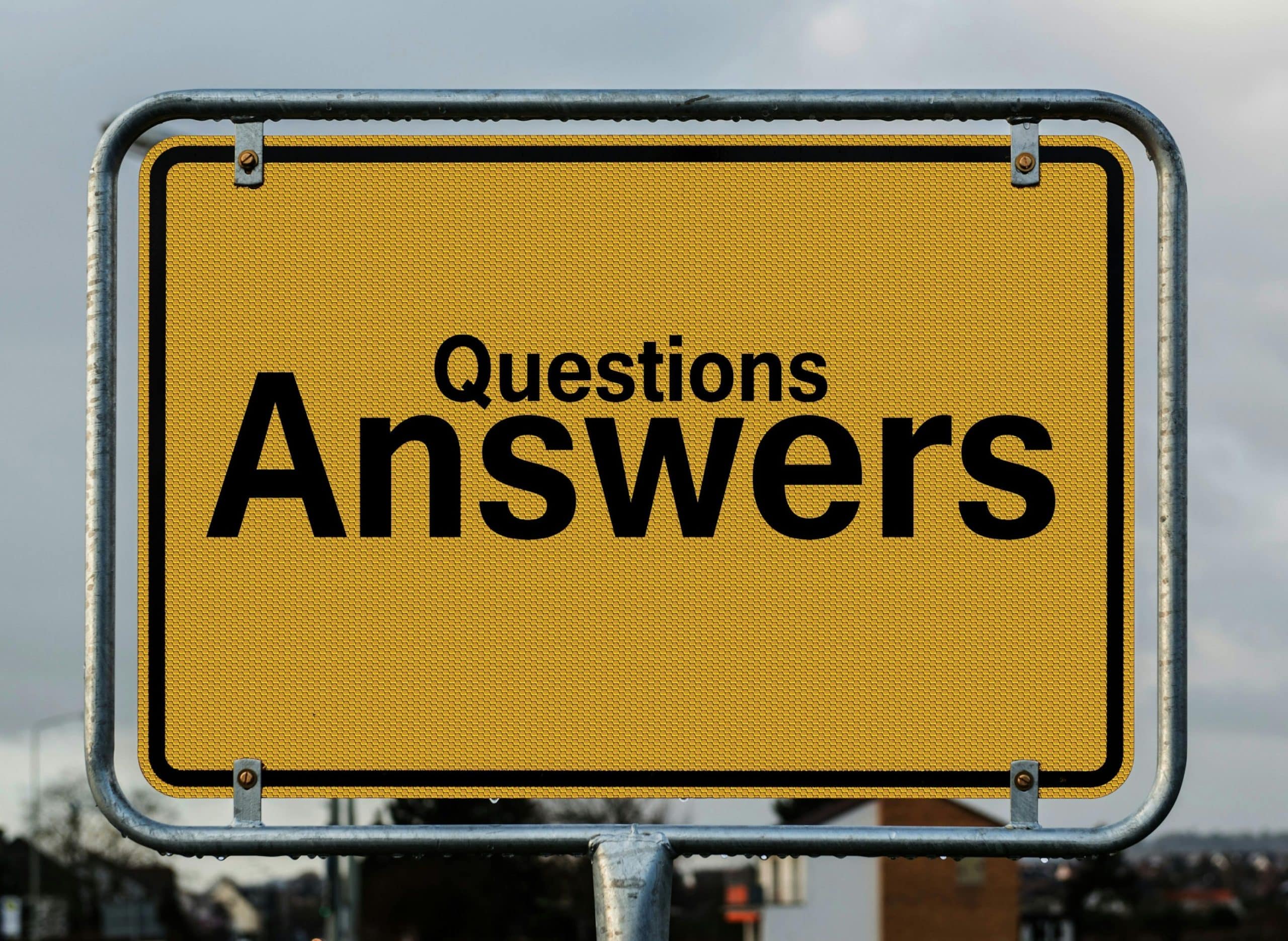
If you’ve been injured in an accident and filed a personal injury claim, it’s likely that you’ll receive a settlement offer from the insurance company involved. But what happens if you reject a settlement offer? Is it the end of the road, or the beginning of a more formal legal process?
Understanding the negotiation process, legal implications, and your rights is essential before making this crucial decision.
In this comprehensive guide, we explore what happens when you reject a settlement offer, how it affects your claim, and why involving an experienced personal injury lawyer or personal injury attorney can dramatically change the outcome of your case.
Understanding the Purpose of a Settlement Offer
An insurance settlement offer is the insurance company’s attempt to resolve your claim without proceeding to court. Often, these initial settlement offers are far lower than what your personal injury claim is truly worth.
Insurance companies, as for-profit businesses, are incentivized to settle quickly and for as little as possible. That’s why insurance companies offer lowball offers, particularly during the early stages of the insurance claims process.
Is it Unusual?
Rejecting a lowball settlement offer is not unusual—it’s a common and sometimes necessary step in seeking fair compensation. However, it must be done with careful consideration and sound legal guidance from experienced personal injury attorneys.
Why Do Insurance Companies Make Lowball Offers?
Insurance adjusters are trained to minimize payouts. They often rely on the hope that accident victims will accept the initial offer due to mounting medical bills, lost income, or emotional pressure.
These offers may not fully acknowledge your medical expenses, rehabilitation costs, out-of-pocket expenses, or future earning capacity.
In some cases, an initial settlement may include partial payments or omit future medical treatment entirely. If your injury attorney believes that the settlement fails to address the full scope of your injuries sustained, rejecting the offer becomes not only justified but advisable.
People try to handle lowball settlement offers on their own, which is one of the top mistakes they can make.

What Happens If You Reject a Settlement Offer?
So, what happens if you reject a settlement offer? In short, your case continues. The rejection is not the end but a pivot toward further negotiations, formal legal processes, or potentially a personal injury lawsuit.
Here’s what typically follows:
1. Further Negotiations Begin
After you reject an insurance settlement offer, your experienced attorney may engage in further negotiations with the insurance adjuster.
This phase may include submitting a formal demand letter that outlines your medical treatment, medical records, lost wages, and the amount you believe constitutes fair compensation. This can open the door to a mutually acceptable agreement.
2. Settlement Talks Continue
If both parties are willing, settlement negotiations continue with the goal of reaching an equitable settlement. Additional evidence may be submitted, including proof of future medical expenses and updates on rehabilitation costs. The goal is a fair settlement that reflects the true value of your claim.
Experienced personal injury lawyers know how to apply legal pressure and advocate aggressively for substantial compensation, especially when dealing with an insurance company’s first offer.
3. Attempt Mediation or Use a Neutral Third Party
If negotiations stall, both sides may agree to attempt mediation. A neutral third party helps both parties find a fair offer without resorting to court. This is a key method of resolving disputes and can save time and legal fees.

4. Filing a Formal Complaint
If mediation fails and further negotiations aren’t fruitful, your legal representation may proceed by filing a formal complaint in the court system. This begins the litigation process, which includes the discovery phase, where both parties collect evidence and prepare for trial.
So, if you’re wondering, “Can I ask for more money for my car accident or slip and fall accident?”, you probably can.
The Role of Legal Representation in Rejections
A personal injury attorney is well-versed in the complexities of insurance laws, the evaluation of personal injury claims, and the negotiation of settlement offers. They provide strategic insight and protect your best interests throughout the legal process
1. Review the Insurance Company’s Offer
Your lawyer will thoroughly examine the insurance company’s initial settlement offer to determine if it fairly compensates you for your injuries and losses.

2. Gather Evidence to Strengthen Your Case
They will collect all necessary evidence—including medical records, witness statements, accident reports, and expert opinions—to support your claim and demonstrate liability.
3. Explain Your Legal Options
If the insurance company refuses to negotiate in good faith, your attorney will explain all available legal avenues, including filing a lawsuit if needed.
4. Draft and Submit a Formal Demand Letter
Your attorney will prepare a comprehensive and persuasive demand letter that outlines your injuries, liability evidence, and a justified compensation request.
5. Guide You Through the Legal Process
From start to finish, your lawyer will handle all legal procedures, paperwork, deadlines, and negotiations, ensuring that you remain informed and your rights are protected.
6. Risks and Rewards of Rejecting a Settlement
While rejecting an initial settlement offer can lead to a fairer outcome, it also carries risks such as prolonged settlement talks and financial strain.
However, this can result in an insurance settlement that fully covers your medical costs, lost income, non-economic damages, and future expenses.
An experienced personal injury attorney evaluates whether the initial settlement offers reflect the true value of your claim and will guide you toward a better outcome.

Common Misconceptions About Rejecting a Settlement
There are several widespread misunderstandings surrounding the rejection of a settlement offer in personal injury cases.
These misconceptions often discourage injured individuals from asserting their rights or seeking fair compensation. It’s important to separate myth from fact when deciding how to move forward with your case.
Misconception #1: Rejecting a Settlement Means Losing Compensation
Many people fear that if they reject a settlement offer—especially an initial one from the insurance company—they will lose their chance at receiving any money. This is not true. Rejecting a settlement does not mean you forfeit your claim.
In fact, rejecting an inadequate offer is often the first step in securing a more appropriate settlement. It simply means you are not satisfied with the terms presented and are choosing to continue pursuing the compensation you deserve, either through further negotiations or legal action. Your right to compensation remains fully intact.
Moreover, insurance companies often start with low offers, hoping that injured individuals, unfamiliar with their rights, will accept without question.
By rejecting such offers, you send a clear message that you are serious about your claim and willing to fight for what’s fair.
Misconception #2: A Trial Is Inevitable After Rejection
Another common myth is that once you reject a settlement, you are headed straight for a courtroom trial. This misconception can cause unnecessary stress and pressure to accept less than what your case is worth.
The reality is that most personal injury cases settle out of court. Rejection is a routine part of the negotiation process, and it often leads to more productive discussions.
With experienced legal representation, your attorney can apply pressure through well-supported legal demands, continued negotiation, and the strategic use of deadlines or mediation.
Trials are generally a last resort, used only when the insurance company refuses to negotiate in good faith.
Even if a lawsuit is filed, settlement discussions typically continue throughout the legal process, and most cases are resolved before reaching the courtroom.

Misconception #3: You Don’t Need a Lawyer to Reject a Settlement
Some individuals believe they can handle the rejection process on their own or that legal help is only necessary in complex cases. This can be a costly mistake. Without legal expertise, it’s easy to misinterpret legal language, undervalue your claim, or miss important deadlines.
A personal injury attorney not only helps you understand the value of your case but also protects your rights during negotiations.
They can identify when an offer is too low, craft a strong counteroffer or demand letter, and prepare your case for further legal action if needed.
What If the Insurance Company Refuses to Budge?
If the insurance company refuses to make a fair offer, your legal team may escalate the matter. A trial attorney will prepare for court, ensuring all aspects of your personal injury case are documented and well-represented.
Insurance companies are more likely to improve their offers when they know a strong legal team is willing to pursue the claim through trial.
Tips for Protecting Yourself During the Claims Process
The personal injury claims process can be complex and overwhelming, especially when you are dealing with medical recovery and financial uncertainty.
To protect your rights and maximize your compensation, it’s crucial to approach the process strategically. Here are essential tips to help safeguard your interests every step of the way.
1. Don’t Accept an Initial Settlement Without Legal Advice
Insurance companies often present quick settlement offers soon after an injury, before the full extent of your damages is known. These initial offers are usually much lower than what your case is truly worth.
Accepting a settlement too soon can waive your right to pursue additional compensation later, even if new medical issues arise. Always consult with an experienced personal injury attorney before agreeing to any offer.
They can assess whether the amount offered is fair based on the severity of your injuries, long-term impacts, and applicable legal standards.
2. Maintain Comprehensive Documentation of Medical Treatment and Bills
Your medical records are the foundation of your personal injury claim. From emergency room visits to follow-up appointments and physical therapy, every medical interaction should be thoroughly documented.
Keep copies of:
- Medical bills and invoices
- Diagnostic reports (e.g., X-rays, MRIs)
- Physician notes and treatment plans
- Prescription receipts
- Out-of-pocket medical expenses
Accurate documentation strengthens your claim and demonstrates the extent and cost of your injury to the insurance company or court.
3. Record Lost Wages and Future Earning Capacity Impacts
Injuries often result in missed work and diminished earning potential. To ensure you are fully compensated, you must keep a detailed record of:
- Days or hours missed due to injury
- Lost income or salary
- Reduced ability to work in the future
- Limitations on career advancement
You may need statements from your employer and even expert evaluations to quantify long-term earning capacity losses. Your attorney can help calculate these damages and include them in your claim.
4. Seek Legal Advice Early in the Claims Process
Getting legal counsel early helps you avoid critical mistakes that could weaken your case. An attorney can:
- Ensure all deadlines are met
- Prevent you from making statements that may harm your claim
- Help you understand what documentation is needed
- Begin negotiations from a strong legal position
Early involvement often results in more favorable settlements and smoother claims resolution.
5. Use Your Attorney to Communicate With Insurance Adjusters
Insurance adjusters are trained to minimize payouts. They may ask leading questions, request recorded statements, or pressure you into accepting low offers.
Let your attorney handle all communication with adjusters. This ensures that your rights are protected, your words aren’t misinterpreted, and negotiations are managed by someone who understands the legal and strategic nuances of your case.
These simple steps can help you challenge unfair insurance settlement offers and ensure your compensation is just.
Final Thoughts: What Happens If You Reject a Settlement Offer?
What happens if you reject a settlement offer? You take control of your case. While it may lead to further negotiations, formal complaint filings, or trial, it can also result in a much more favorable and fair settlement.
Rejecting lowball settlement offers with the guidance of experienced personal injury lawyers ensures you do not settle for less than you deserve. With strong legal representation, you are more likely to reach a resolution that accounts for all your damages, both immediate and future.
Re-gain Your Rejected Settlement Offer with BLG
If you’re facing pressure from an insurance company and want to know what happens if you reject a settlement offer, contact Bourassa Law Group today. Our team of experienced personal injury attorneys is ready to help you evaluate your insurance claim, protect your rights, and fight for the compensation you deserve. Schedule your free consultation now.





